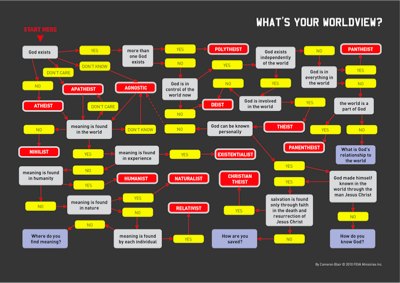Richard Dawkins’ new book, The Magic of Reality: How We Know What’s Really True will be available on 4 October (lucky folk in the UK have it right now), and you know what that means? Book tour. Poor Richard will be dragged hither and yon in a frantic schedule that would leave me exhausted — I have no idea how he does it. You can find his UK tour schedule online; the US gets him for about two weeks in early October, and you can look that schedule up in a pdf. Miami, New York, Charlottesville,
Lynchburg, Richmond, Houston, Rochester, and Detroit win the lottery this time around.
Did he miss you? He missed me, too, although I will catch up with him in Houston.
Also, James Randi is touring, but he’s only going to Canada. I choose to interpret all this as a tacit acknowledgment that the western half of the United States is so much more enlightened than the places the luminaries are visiting, that we don’t need them.
…says the guy in the small town with 15+ churches.




